|
Advertisement
|
Chandal Mandal

Description"The game of Chandal Mandal" A variation of Chaupar, the national game of India. Chaupar later became Parcheesi - aka Ludo - in the west. Invented by Akbar the Great, ruler of India, who lived from 1542 to 1605. Think of it as 16 player Chaupar, with 16 arms instead of 4, and you are a long way there. The board is made out of 16 parallelograms arranged in a circle around a centre. Each parallelogram is divided in 24 fields, in 3 rows of 8. Each of the 16 players get 4 pawns each. Four (traditional) dice are used, with the longer sides marked 1,2,10 and 12. As in Chaupar, the pieces are moved anti-clockwise, and go around the whole circle. The first player out wins the agreed amount from all other 15, and each subsequent finisher also gets that same amount from whoever is still left to finish. So the last player loses the most. His Majesty seemed to play 12 broad variations: 1. No pawn can remove another pawn, but it moves on by itself instead. 6. A player is out when he reaches the starting point of the player directly opposite, moving from the middle row of his opposite number into the empty centre space. Longer games would require players to reach the starting point of the player sitting on the left. If the game was played by less people the board and the number of dice thrown would be amended accordingly. It is highly likely the boards were frequently life-sized and groups of slave girls were sent around the track, dressed in appropriate colours. Brief history: ask anyone to name great rulers of history and you are unlikely to hear the name Akbar, ruler of the Mughal Empire (1556-1605). Leaving remarkable military and administrative successes, and a fondness for alcohol and women to one side, the illiterate and, at times, brutal man, also had a passion for religious tolerance and class harmony. He surrounded himself with scholars, thinkers and poets, and was persuaded by the Plato school that argued that a great ruler should be like a philosopher-king. Whilst trying to unify the different religions, he became a great patron of the arts and literature, for which he is best remembered. Thanks to the recordings in the "Ain I Akabari", third volume of the "Akbarn?ma", a detailed biography and history record kept by his close advisor and court scribe, Abu'l Fazl, we know that the good bloke also had a weak spot for games, and had even invented a game of his own. It is because of Abu'l Fazl passion for detail and accuracy that the rules of this elaborate Chaupar descendant have been preserved to this day, as part of a seperate chapter on Amusements. Game DiscussionsAdd CommentYou need to be logged in to comment. Insert Bullet List Please enter at least one item. Item: Item: Item: Item: Item: Insert Numeric List Please enter at least one item. Item: Item: Item: Item: Item: Insert Link Please enter the link of the website Optionally you can add display text Insert Email Please enter the email address Optionally add any display text Insert Image Please enter the link of the image Insert YouTube Video Please enter the link of the video MarketplaceNo listings at the moment. Do you own this game? Click here to list it for sale.
|
Best Sellers
Board Games
|
||||
Latest Searches: class strggle | dutch | Slap it | glad | Roseville+monopoly+game | Monopoly of Aruba | citadelle | fraidy cats game | stop | spqr | Myrtle-Beach-Opoly Collectors Edition-Monopoly Game | Star Wars X-Wing Rebel Aces | board games in spanish | Star+wars+micro+machines | family:monopoly | minecraft+monolopy | speedway | i’m the boss | plants vs zombies | Black+rose+wars | Harry potter monopoly games | thirty | lanterns | RRummy Cube | Bang! | chess medival | Rush monopoly game | Duck duck goose | peg board | tapestry
All Rights Reserved



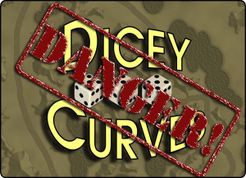
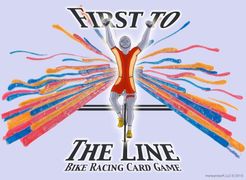

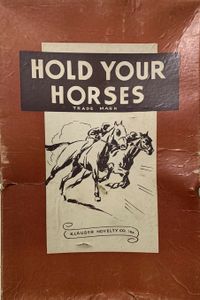
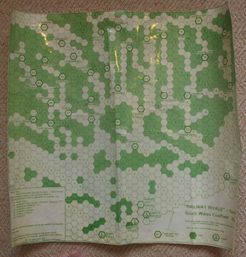
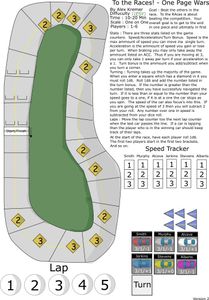

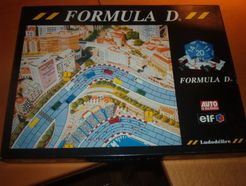
Comments (0)